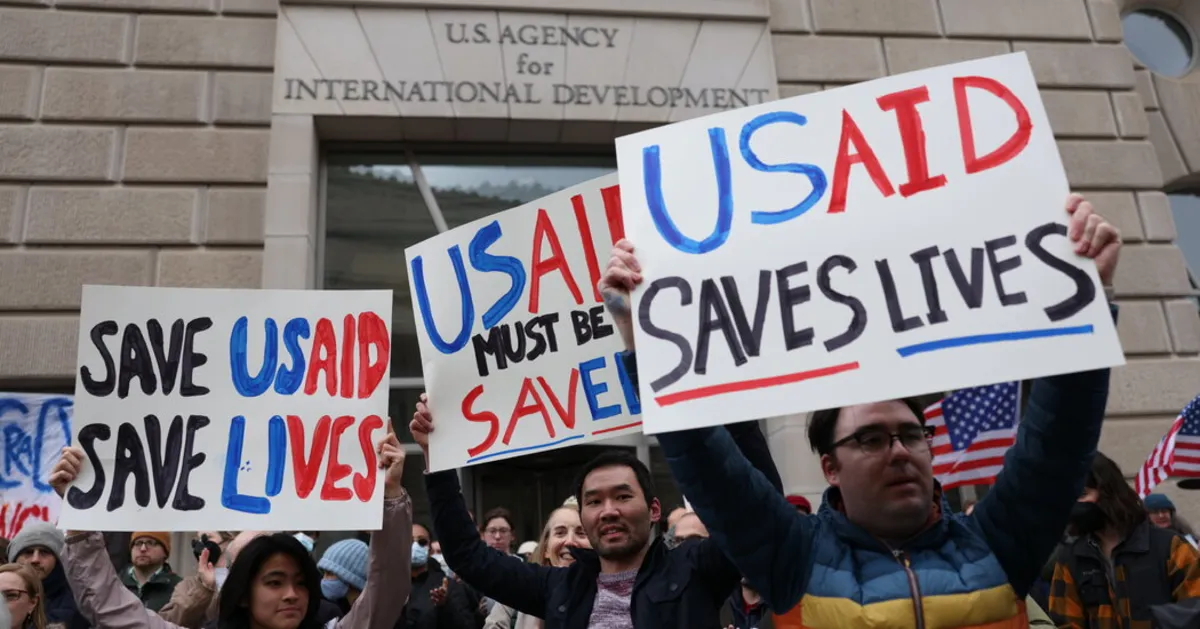
On Friday, the Trump administration unveiled its detailed plans to restructure the U.S. Agency for International Development (U.S.A.I.D.), the primary government agency responsible for distributing foreign aid. The administration intends to bring U.S.A.I.D. fully under the State Department, significantly downsizing its staff to approximately 15 positions. This announcement came in an email sent to U.S.A.I.D. employees titled “U.S.A.I.D.’s Final Mission,” which was dispatched shortly after noon. The email outlined an impending elimination of the agency that the administration had hinted at for some time.
This restructuring arrives amidst significant opposition from lawmakers who argue that the efforts to downsize U.S.A.I.D. are illegal. Furthermore, staff members and unions have taken legal action to halt these changes. Before the Trump administration initiated its review of foreign aid contracts, U.S.A.I.D. employed about 10,000 individuals. The email indicated that by September 2, the agency's operations would have been largely transferred to the State Department or otherwise wound down.
The planned cuts align with the administration’s strategy to utilize foreign aid as a mechanism for advancing its diplomatic objectives. Earlier this month, recipients of U.S.A.I.D. funding were prompted to justify their value to the administration. They were asked to complete questionnaires that inquired whether their programs contributed to limiting illegal immigration or securing rare earth minerals.
In a statement, Secretary of State Marco Rubio expressed support for the impending cuts, stating, “We are reorienting our foreign assistance programs to align directly with what is best for the United States and our citizens.” He characterized U.S.A.I.D. in its previous form as “misguided and fiscally irresponsible.” Rubio assured the public that “essential lifesaving programs” would remain intact under the oversight of the State Department.
Despite assurances from the administration, plans shared with Congress indicated that some critical U.S.A.I.D. programs would be eliminated. Notably, the administration signaled that funding for vaccines aimed at children in impoverished nations, as well as certain initiatives targeting malaria, would be among those discontinued. This has raised concerns among humanitarian organizations and lawmakers about the potential impact on global health and development.
The reorganization of U.S.A.I.D. signifies a significant shift in how the United States approaches foreign aid and international assistance. As the administration moves forward with these plans, the implications for both domestic and international stakeholders remain to be seen.
For those seeking to stay informed about these developments, please ensure you are logged into your Times account or consider subscribing for full access to the latest updates and analyses.